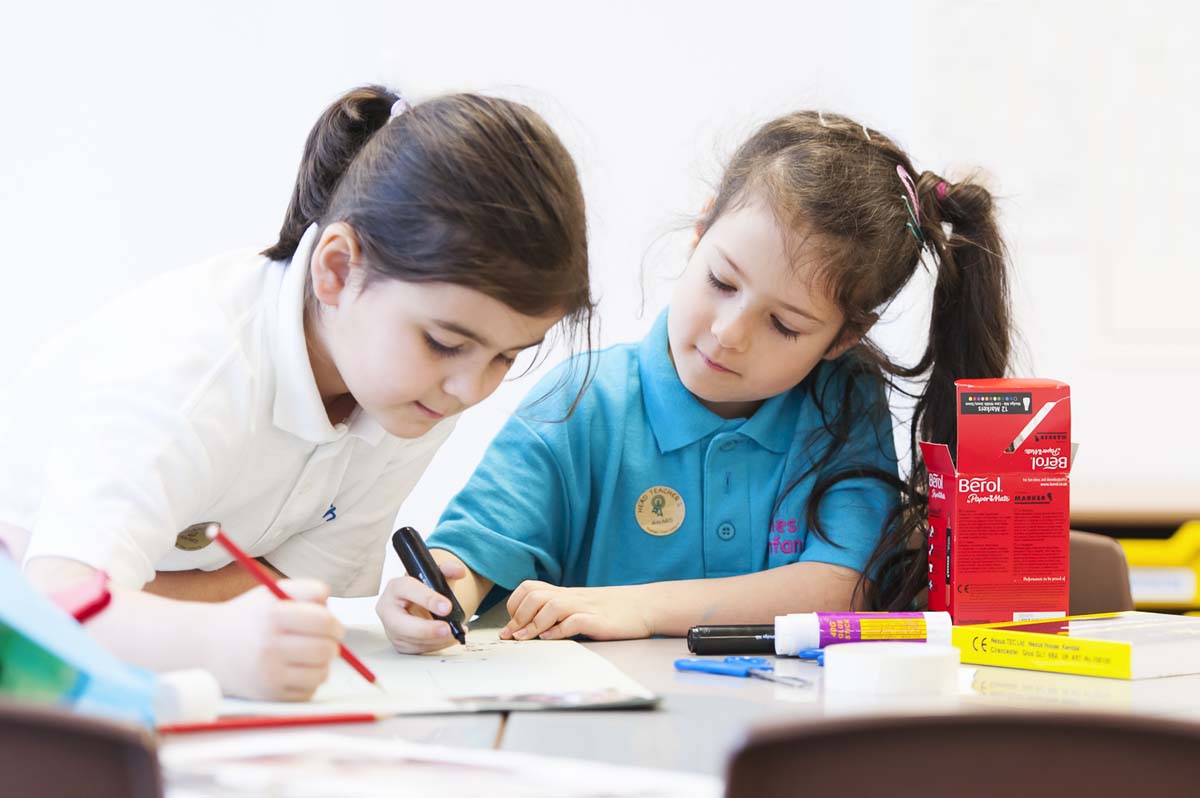Other Stuff…

Here we’ve published some additional information about our School…
Being poorly & taking Medicine
Although we are eager see your child in school each day, we understand that if he/she is unwell, they should really be at home. Children with contagious illness must remain at home. A list of contagious infections and the time children should be excluded from school is available in school. However, we do administer medicine to those children on long-term medication, or at the end of a dose of antibiotics. Medicine should be clearly marked with the child’s name and handed to the Office Staff. You will be given a medication form, which must be completed.
Illness or Accidents in School
Should a child be taken ill in school, the following procedure will apply: The Parent or Carer will be contacted. If no contact can be made, we will ring 111 if it is thought necessary. Should hospital attention be required the school will arrange for the child to be taken there and a letter left at your address, if the school has been unable to make telephone contact.
Always make sure the School has an emergency contact number
Be sure to complete the contact form and return it to us.
Minor Accidents
A member of staff will treat minor accidents and children will be given a note to inform you if a bump to the head has occurred.
Medical
The School Nurse makes regular visits to school and children’s hearing and vision are checked. Some children will be called for a medical and letter from the clinic about this will inform you.
Dental Inspection
A dentist carries this out in school, normally once per year. You will be informed when this is to take place and may agree or refuse to allow this check up. No treatment is given, but you will be informed should it be necessary. Children within the EYFS take part in a Tooth Brushing Scheme and oral hygiene is embedded within the provision.
Jewellery
No jewellery should be worn in school. If a bangle is worn for religious reasons it should be covered with a sweatband for PE. Children with pierced ears may only wear plain studs. Earrings must be removed for PE. Your child’s teacher will let you know when his/her class will be having PE, as it is not safe for children to wear jewellery during PE lessons.
Head Lice
Unfortunately outbreaks occur very frequently. Please help by regularly checking your child’s head and by using a fine-toothed comb. If your child does appear to have head lice, please treat them immediately and let us know. The school nurse will give help and advice; please let us know if you would like to see her. We are mindful that children are easily upset and embarrassed, so we try to be as sensitive as possible in our handling of this matter.
Valuable Items
Children should not bring valuable items to school. Directors will not accept responsibility for loss or damage to any personal property.
Fire Drills
These are held each term to ensure that the school can be evacuated in a quick orderly manner should an emergency arise.
Assembly
Assemblies are held each day. Children are encouraged to think about their relationships and feelings. They consider how we can help and care for each other and look after our environment. They learn about Christianity and other faiths through story and celebration.
Access to Information
Should parents wish to see curriculum documents, DfE circulars or other information about the work of the school, they should contact the Headteacher. Where a copy of the document is required, a small charge will be made to cover the cost of copying.
Assessment
Our school fully embraces the ‘Assessment for Learning’ agenda. An on-going Record of Achievement is kept throughout the Nursery Year. This helps us to build our understanding of your child’s abilities. During Reception, children are assessed using the EYFS Profile (a copy of this document is available at school). We plan work with clear learning intentions and then check to make sure that children have learnt what we intended. This is a regular, on-going, formative assessment process. Year 1 children undertake statutory Phonic Screening Checks. The results of all of these are published on our website. We regularly discuss children’s attainment and progress at termly Parent/Teacher meetings, and we all children receive a formal attainment summary at the end of each academic year.
Special Educational Needs
Work in the school is guided by the SEND Code of Practice and it is our duty to ensure that children’s special educational needs are met; that they have full access to the National Curriculum; and that they are fully included in all aspects of school life. A child with a disability or special need is allocated a place in the school using the same criteria used for all other children.
